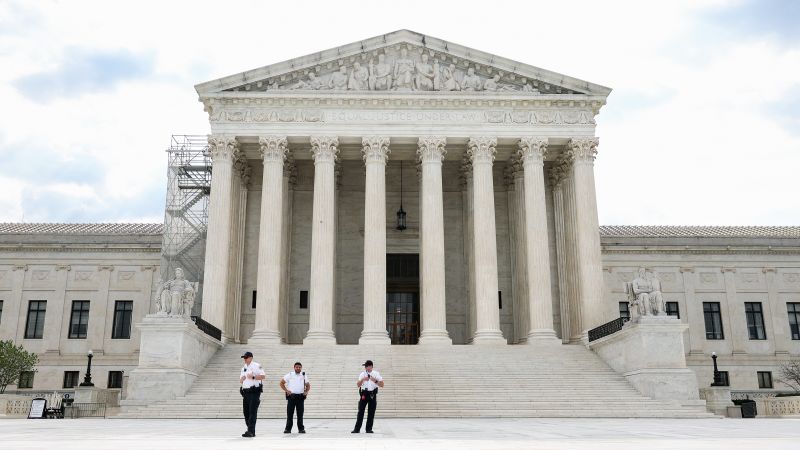Civil rights groups have urged the US Supreme Court to intervene in a redistricting battle in Louisiana, where White voters claim that the state legislature violated the Constitution by drawing a second majority-Black district in its congressional map. The emergency appeal is time-sensitive, with Louisiana officials requesting a decision by May 15 to administer this year’s elections.
The case has national implications as it raises fundamental questions about how mapmakers consider race when redrawing congressional boundaries every decade. The outcome could affect control of the US House, given the narrow Republican majority. The Supreme Court’s decision will be crucial in determining the future of Louisiana’s congressional maps and could set a precedent for other states.
Black voters have already been forced to vote on a map that lower courts deemed illegal, and civil rights groups argue that the Supreme Court must intervene to prevent further harm. The court could allow the newly drawn congressional districts to be used in this year’s election or put the responsibility on the state legislature or lower court to redraw the map.
The lawsuit was filed by non-African American voters who claimed that the state’s decision to create a second majority-Black district discriminated against them. The initial map made only one of the six congressional districts majority-Black, despite African Americans making up nearly a third of the state’s population. The Supreme Court previously froze the litigation while considering a similar redistricting appeal from Alabama.
The Republican-controlled legislature in Louisiana ultimately drew a new map, which included a second majority-Black district. The legal battle raises questions about how policymakers may consider race to address historic racism. The Supreme Court will have to decide whether the state’s map violated the equal protection clause or complied with the Voting Rights Act.
The Supreme Court is also considering a similar challenge to South Carolina’s congressional maps, where the use of race dominated decision-making and allegedly diluted the power of Black voters. The delay in the Supreme Court’s decision has allowed the lower court to rule that the 2024 elections can proceed under the previous unconstitutional map. Both cases highlight the ongoing battle over how race should be considered in redistricting.


